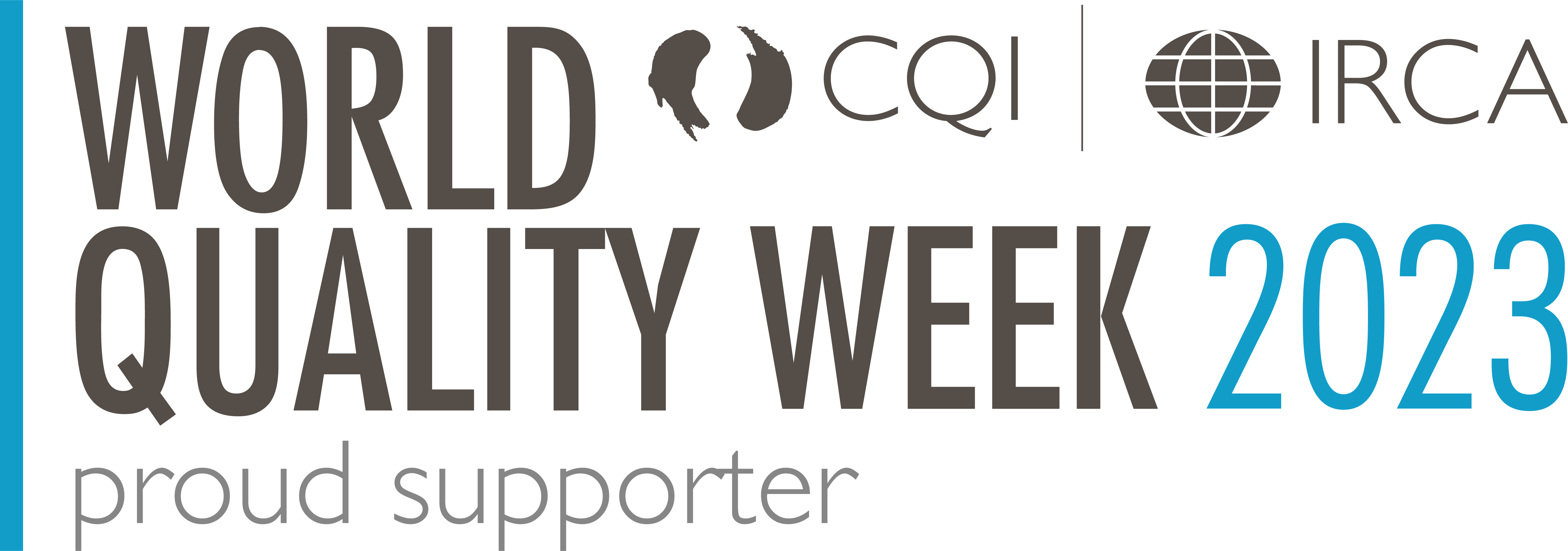On Monday 4 January, Prime Minister Boris Johnson and First Minister of Scotland Nicola Sturgeon announced further lockdowns across England and Scotland, as Wales and Northern Ireland’s restrictions continue.
Here’s how the new lockdown will impact employment issues, amongst other things:
In England:
The latest guidance about the lockdown for England can be found on the Gov website.
To summarise, an employee may only leave home for work if they cannot reasonably work from home. Where people cannot work from home - including, but not limited to, people who work in critical national infrastructure, construction, or manufacturing - they should continue to travel to their workplace which should be COVID Secure. Estate agents are permitted to work, and property viewings can still take place. Employees can also work inside other people's homes if they are a care giver, nanny, tradesperson or cleaner.
Schools will close to those children who are not considered vulnerable or the child of a key worker. If your employee cannot attend work due to childcare issues, then they can be furloughed.
Nurseries and childminders can remain open. The decision to furlough remains at the employer’s discretion and is not an automatic right. Employers are encouraged to explore all options with employees such as agreeing a temporary change to their working hours or considering flexible furlough.
University students should stay wherever they are unless they are studying medicine & dentistry, subjects allied to medicine/health, veterinary science, education (including teacher training), social work, and certain other courses which require Professional, Statutory and Regulatory Body assessments.
Support bubbles
Under the new rules, support bubbles can still be formed for the following circumstances:
- Adults living alone can still form support bubbles with one other household.
- If your employee lives with children under 14, they can form a childcare bubble to allow one other household to provide informal childcare.
- Divorced or separated parents can continue to share the care of their children.
Shielding
Shielding has been reinstated and those who previously shielded should not leave home apart from for exercise and medical appointments. Therefore:
- Extremely clinically vulnerable employees should work from home. If they cannot work from home, they must not work.
- Extremely clinically vulnerable people should also avoid crowded spaces.
- Shielding staff can be furloughed.
More information regarding shielding can be found here.
Hospitality
All pubs, restaurants, cafes and bars must close. They can serve takeaway food and drink until 11pm, however takeaway or click and collect alcohol is no longer permitted.
Hotels and holiday accommodation can remain open for a small number of guests. Employees should only stay in a hotel or holiday rental if they are travelling for work, attending a wedding or funeral or are moving house.
Care homes
Care home visits are allowed behind screens, in visiting pods or behind windows, however indoor visits are not allowed. All visits will be suspended in the event of an outbreak.
In Scotland the rules are very similar:
Read the latest guidance about the Scottish lockdown.
- Only two people from two households can meet outdoors. Children under 12 do not count
- No one is allowed to travel into or out of Scotland unless it is for an essential purpose
In Wales:
Read the latest guidance about the Welsh lockdown.
All of Wales has been under Level 4 restrictions since 28 December.
Welsh schools and colleges will not open until 18 January, but no other changes to the rules have been announced.
The current restrictions are:
- No meeting anyone outside their household indoors or outdoors, except for support bubbles
- Work from home if possible
- Stay at home apart from collecting food, medical supplies or for work or childcare purposes
- Pubs, restaurants and bars must close, but can remain open for takeaway
- Alcohol can only be sold for takeaway between 10am and 6pm
- No international travel without a reasonable excuse
- Schools and colleges will operate remotely until 18 January
- Universities can open but learning will be remote
- Nurseries can remain open
- Places of worship can stay open
- Community centres can open for essential public services
- Playgrounds and public parks can remain open
- Theatres, libraries, indoor and outdoor entertainment venues and visitor attractions must close
- Leisure centres, gyms, sports courts and golf courses must close
- Non-essential retail closed
- Hair, beauty and close contact services closed
- Hotels and holiday accommodation can only open for work or emergency stays
- Wedding receptions and wakes cannot take place
In Northern Ireland:
Read the latest guidance about the lockdown for Northern Ireland.
Northern Ireland has been subject to a six-week lockdown since 26 December.
The current rules are:
- No mixing households indoors, except for support bubbles
- Households can form a support bubble with one other household, providing the number of people does not exceed 10
- Up to six people from two households can meet outdoors or in a private garden
- Children aged 12 and under are not included in this number
- Do not stay overnight away from home
- Weddings and funerals can take place with up to 25 people
- Avoid any unnecessary travel outside work, education or childcare purposes
- Primary schools will operate remotely from 11 January, secondary schools for all of January
- Restaurants, cafes, pubs and bars closed, with exception of takeaway
- Takeaway premises must close by 11pm and alcohol sales must stop at 8pm
- Hotels and holiday accommodation only allowed to open for essential purposes
- All non-essential retail closed
- All hair, beauty and close contact services closed
- All indoor and outdoor entertainment premises closed
- Outdoor parks, play areas and national parks are allowed to open
- Leisure centres, gyms and sports facilities closed - indoors and outdoors
New grant for retail, hospitality and leisure
The Chancellor has also announced further support as follows:
Firms in retail, hospitality and leisure will get one-off grants of up to £9,000, he has announced. In a news release the Treasury says:
“Businesses in the retail, hospitality and leisure sectors are to receive a one-off grant worth up to £9,000, the chancellor has announced.
This follows the prime minister’s announcement last night that these business will be closed until at least February half-term in order to help control the virus, and, together with the wide range of existing support, provides them with certainty through the spring period.
The cash is provided on a per-property basis to support businesses through the latest restrictions, and is expected to benefit over 600,000 business properties, worth £4bn in total across all nations of the UK.”
A further £594m will be available for local authorities and the devolved assemblies to support firms that do not qualify for these grants, the Treasury said.
More information re the Coronavirus Job Retention Scheme can be found here.
If you need support, or have any queries about how to manage a staffing issue then please do not hesitate to contact Alcumus PSM’s HR team on [email protected] or call 01484 439930.
Alcumus PSM (People & Safety Management) specialises in human resources (HR) and health and safety (H&S) consulting for small and medium-sized enterprises.
Written by Melanie Darlington, Senior HR Consultant






